Helping Pets Cope with Loud and Startling Noises
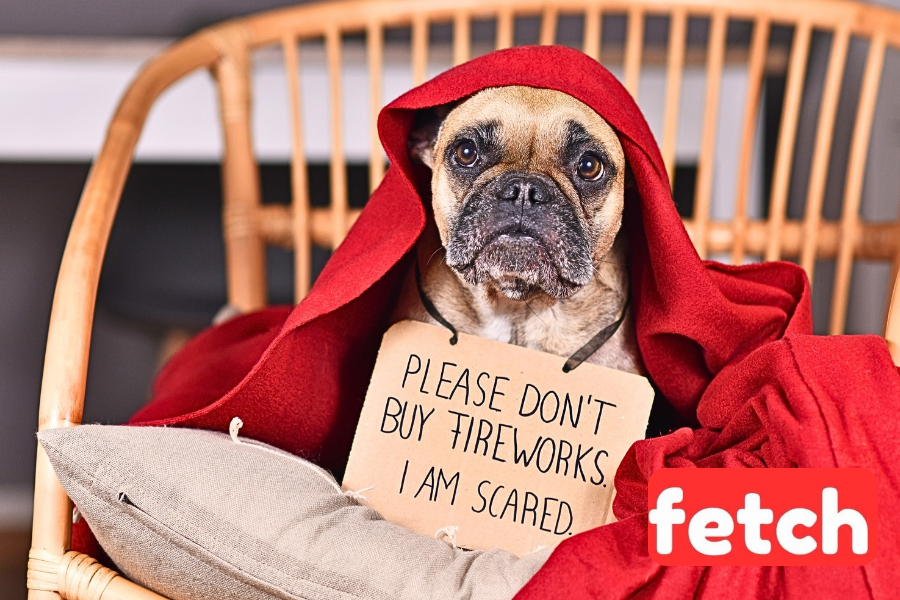
For many pets, loud noises can be a source of stress and anxiety, triggering fear responses that can be distressing for both pets and their owners. Whether it’s fireworks, thunderstorms, or construction noise, understanding how to calm your pet during these times is crucial for their well-being. Here, we’ll explore pets that are easily frightened by loud or startling noises; majorly fireworks, and provide practical tips on how to keep them calm and secure.
1. Dogs
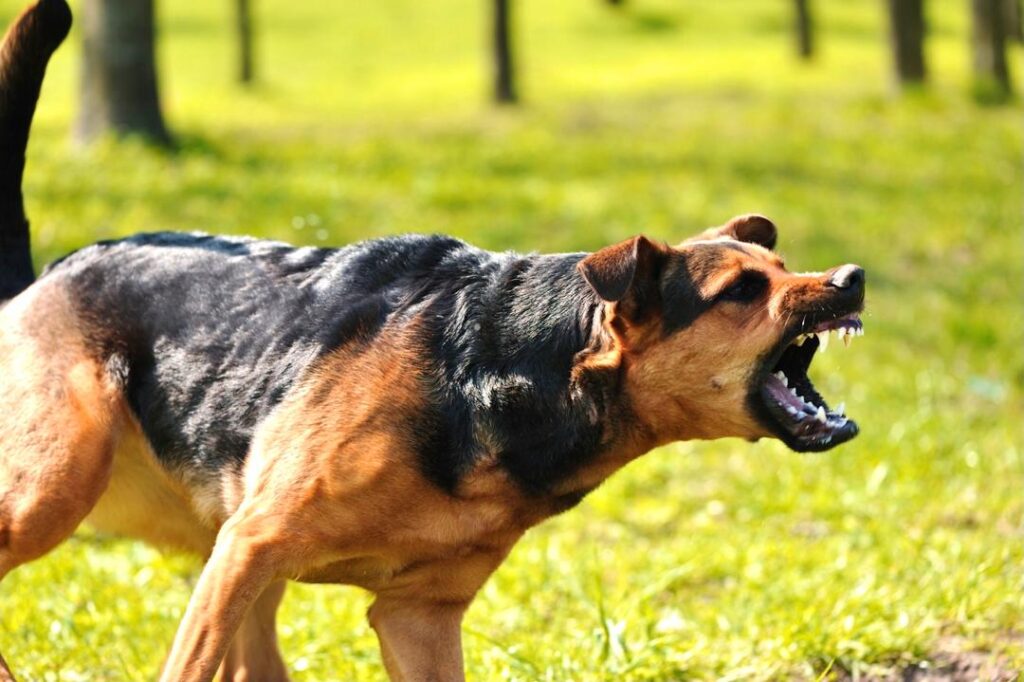
Dogs are probably the first animals that come to mind when you think of pets who hate loud noises like fireworks. Their keen sense of hearing makes those sudden bangs and whistles overwhelming. Many dogs will tremble, hide, or bark excessively when fireworks go off. Creating a cozy den in a quiet room, using calming music, or even trying a snug anxiety vest can help your dog feel safer. Some pet experts recommend desensitization training before firework season, but on the night itself, just being present and offering gentle reassurance can make a world of difference.
2. Cats
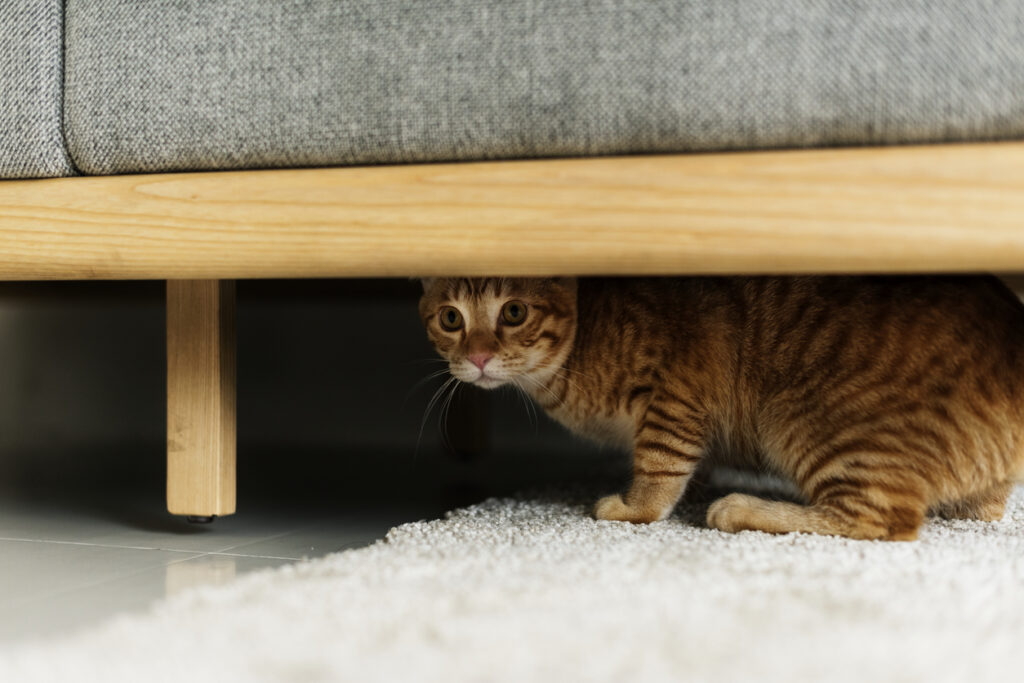
Cats may seem aloof, but loud noises can send them scrambling for the nearest hiding spot. Unlike dogs, cats often cope by vanishing under beds or into closets. To help your feline friend, make sure they have access to their favorite safe spaces and keep windows and curtains closed to muffle the sound and block out the flashes. Plug-in pheromone diffusers or calming treats can also help ease their nerves, and keeping a reduced noise consistent routine will reassure them that everything is okay.
3. Rabbits
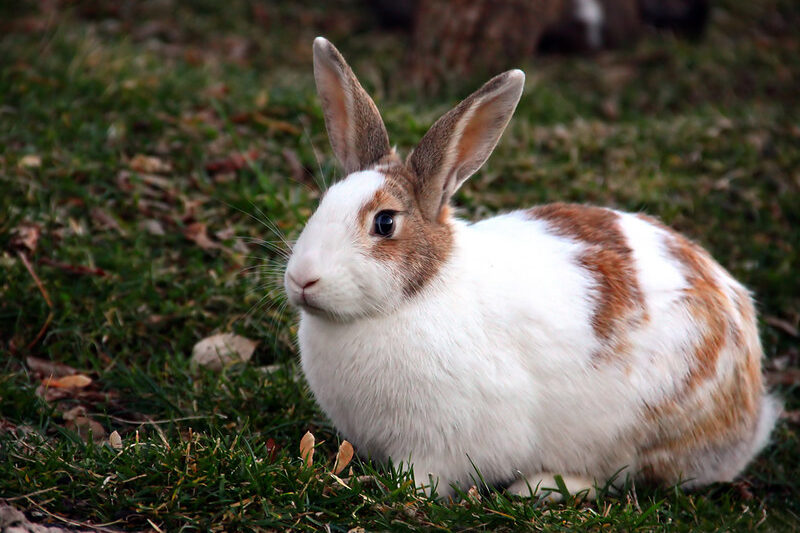
Rabbits are gentle creatures with a strong startle reflex. Loud noises like fireworks or an object falling can cause them to panic, sometimes even leading to injury if they try to bolt in fright. To protect your bunny, bring their hutch indoors or into a garage if possible, and cover it with a thick blanket to dampen the noise. Give them plenty of hay to burrow in, and stay nearby so they know they’re not alone. Soft-spoken words and a calm presence can go a long way in soothing a scared bunny.
4. Birds
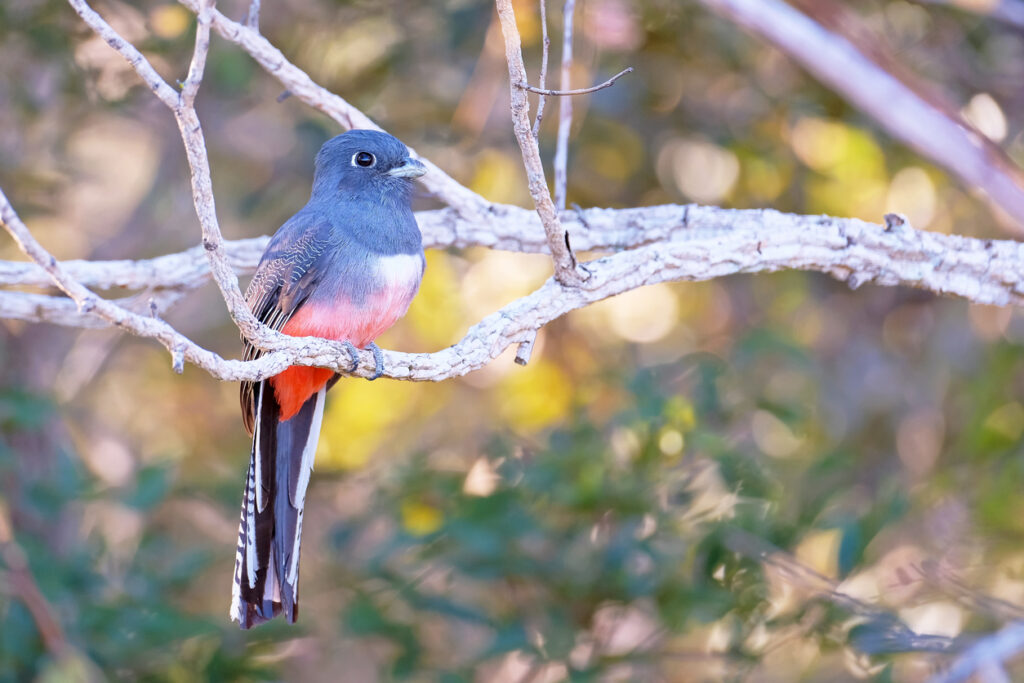
Pet birds, from parrots to budgies, are highly sensitive to changes in their environment. The unpredictable nature of fireworks can cause them to flap around their cage in distress, risking injury. Covering their cage with a light cloth and playing gentle background music can help mask the noise. Make sure their cage is in a quiet, secure room, and spend extra time with them before and after the fireworks to help them settle down.
5. Guinea Pigs
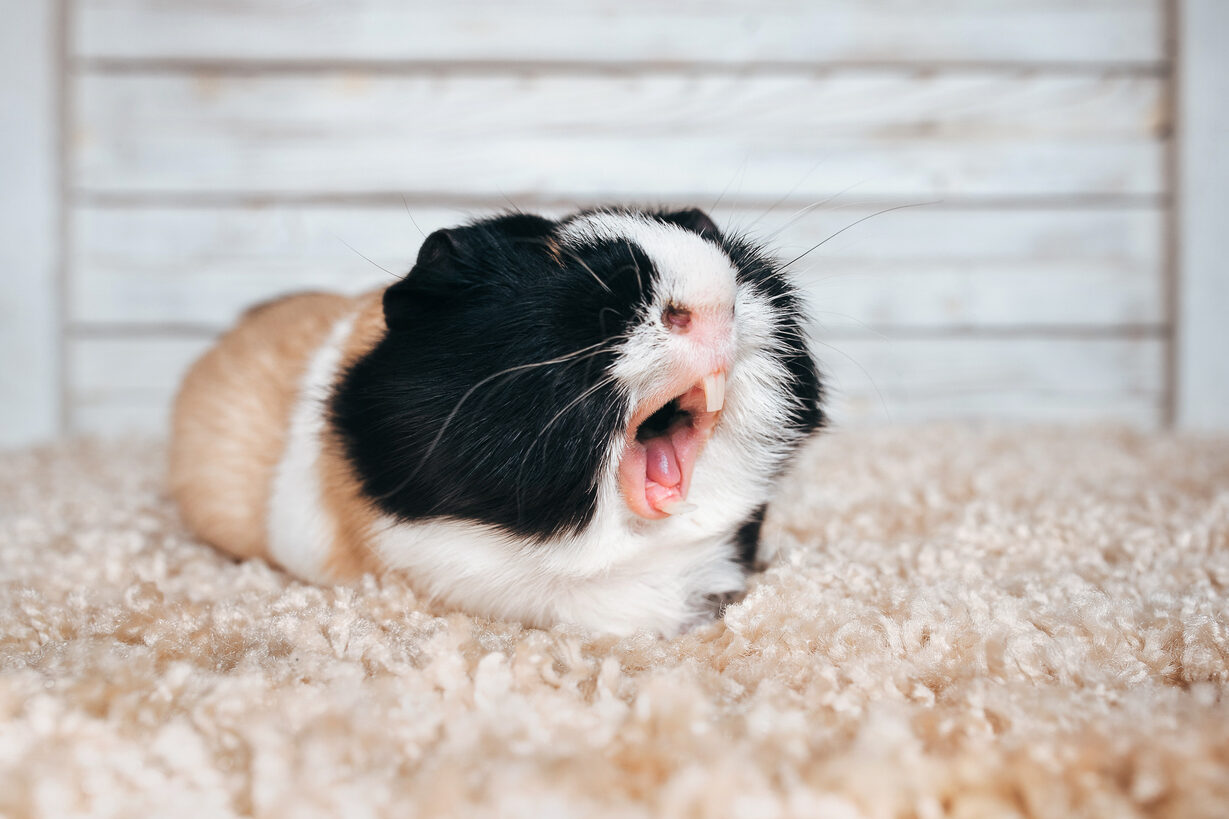
Guinea pigs are naturally nervous and can be startled by even minor noises, so fireworks are especially tough on them. Placing their enclosure in the quietest room of the house, away from windows, and adding extra bedding for burrowing can help them feel more secure. Some owners find that softly talking to their guinea pigs or offering their favorite treats can distract them from the commotion outside.
6. Ferrets

Ferrets are playful and curious, but they’re not immune to the stress of fireworks. They may pace, hide, or become unusually quiet when frightened. Creating a dark, enclosed area filled with familiar bedding and toys can help them feel protected. Try to keep their environment as normal as possible and stay close by for comfort.
7. Horses
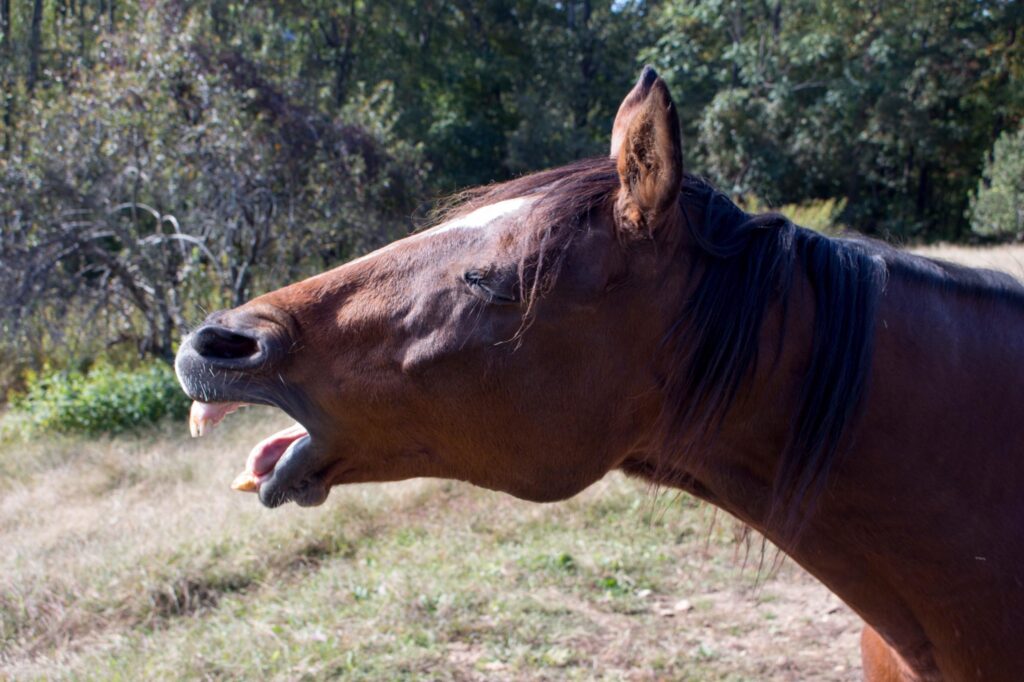
Horses, while not your typical house pet, are often kept near residential areas and can be deeply affected by fireworks. Their strong flight instinct can lead to dangerous situations if startled. Keeping horses in a stable with familiar companions, playing soothing music, and ensuring they have plenty of hay to munch on can help reduce anxiety. If possible, stay with them during peak firework times to monitor their behavior and offer reassurance.
8. Hamsters
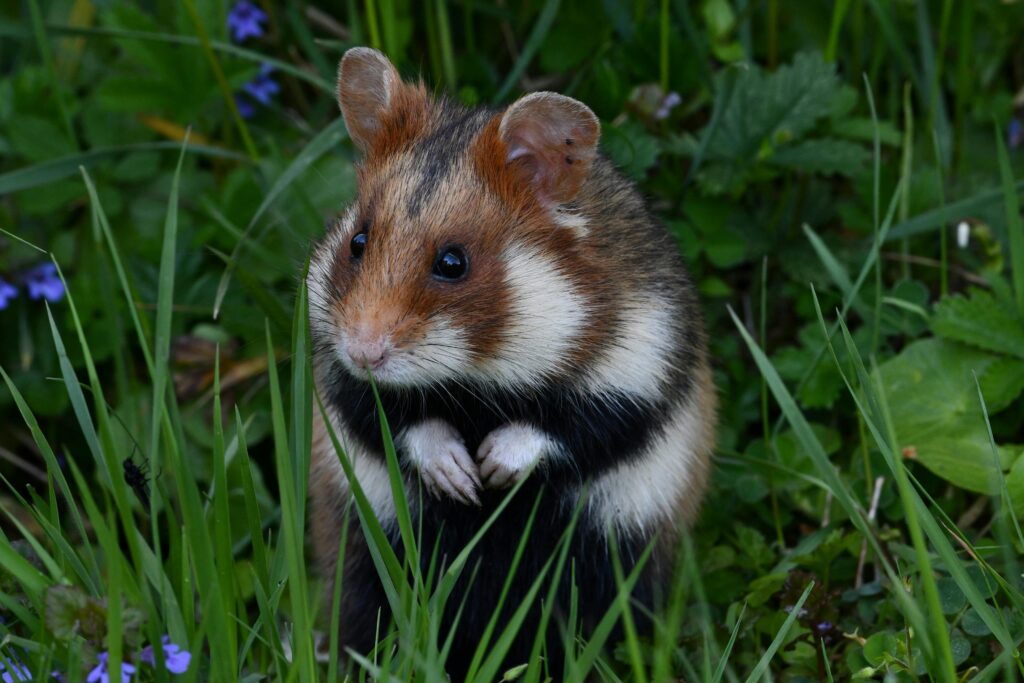
Hamsters are most active at night, which unfortunately coincides with most fireworks displays. The sudden noise and vibrations can disrupt their routine and cause stress. Moving their cage to a quieter part of the house and providing extra nesting material can help them burrow and feel safe. Keeping the lights dim and maintaining a calm environment will support their natural instincts to hide during danger.
9. Tortoises and Turtles
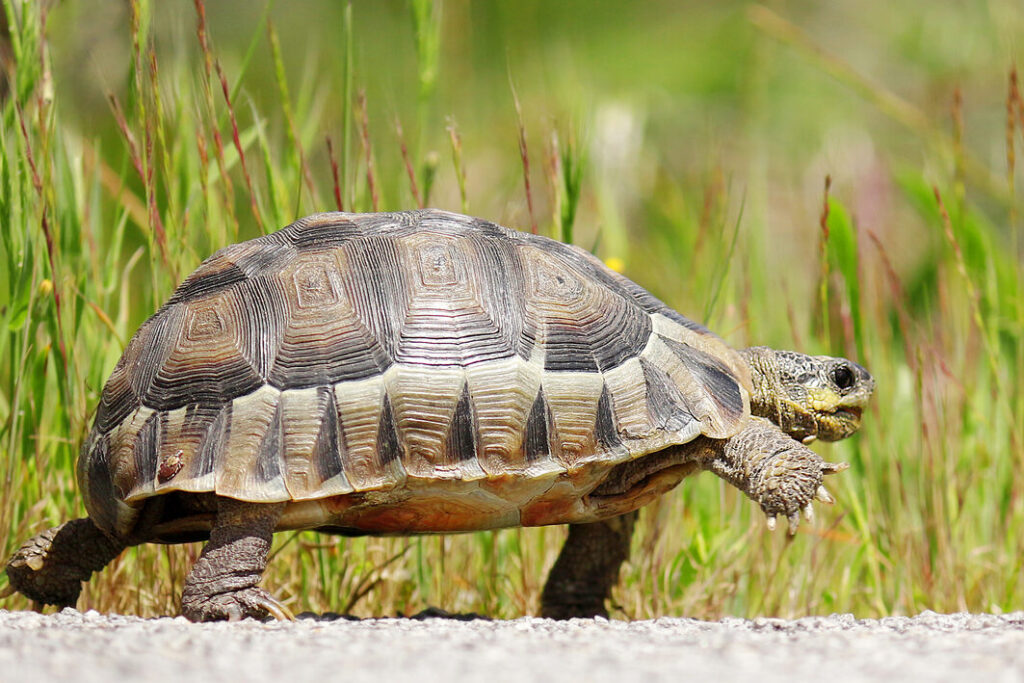
While they might not hear in the same way as mammals, tortoises and turtles can sense vibrations from fireworks, which can make them anxious. Bringing their enclosure indoors or into a garage, and providing lots of hiding spots, helps them feel protected. Keeping their habitat away from windows and loud noises is key.
10. Fish
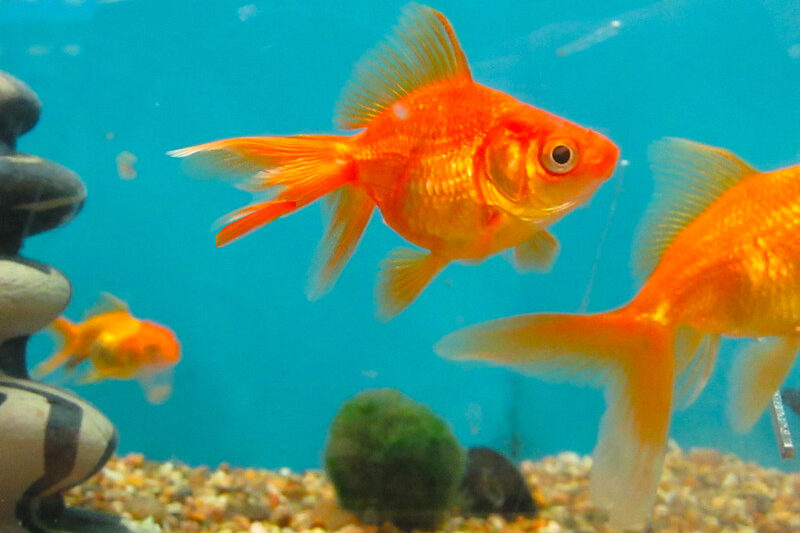
Fish may not react to sound as we do, but the vibrations and flashes from fireworks can still cause stress, leading to erratic swimming or hiding. Covering the aquarium with a towel and keeping the room lights on can help minimize the impact. Try to avoid tapping on the glass or making sudden movements during firework displays.,
11. Exotic Pets
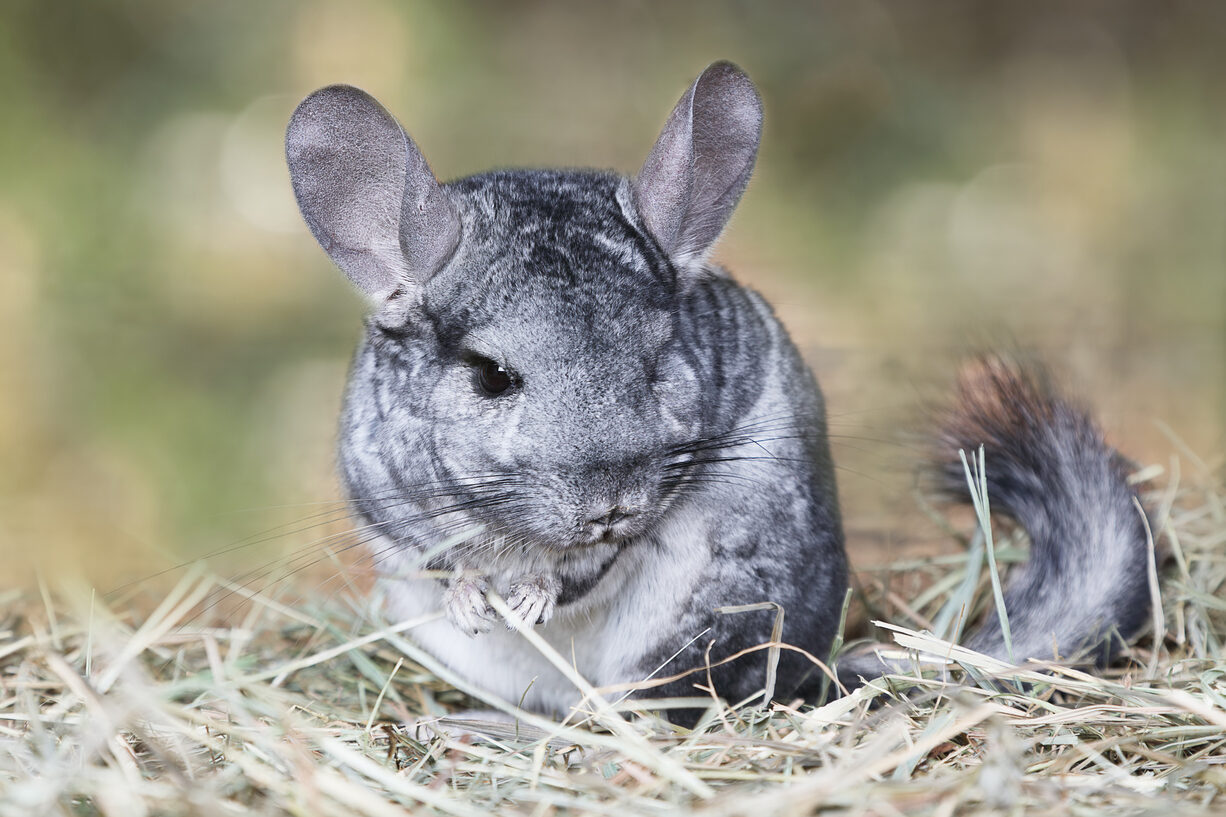
Exotic pets like chinchillas and sugar gliders are often overlooked, but they are highly sensitive to loud noises and changes in their environment. Keeping their enclosures in a quiet, dark room and providing extra hiding places can help them cope. A little extra attention and gentle handling can reassure them that they’re safe.
12. Reptiles
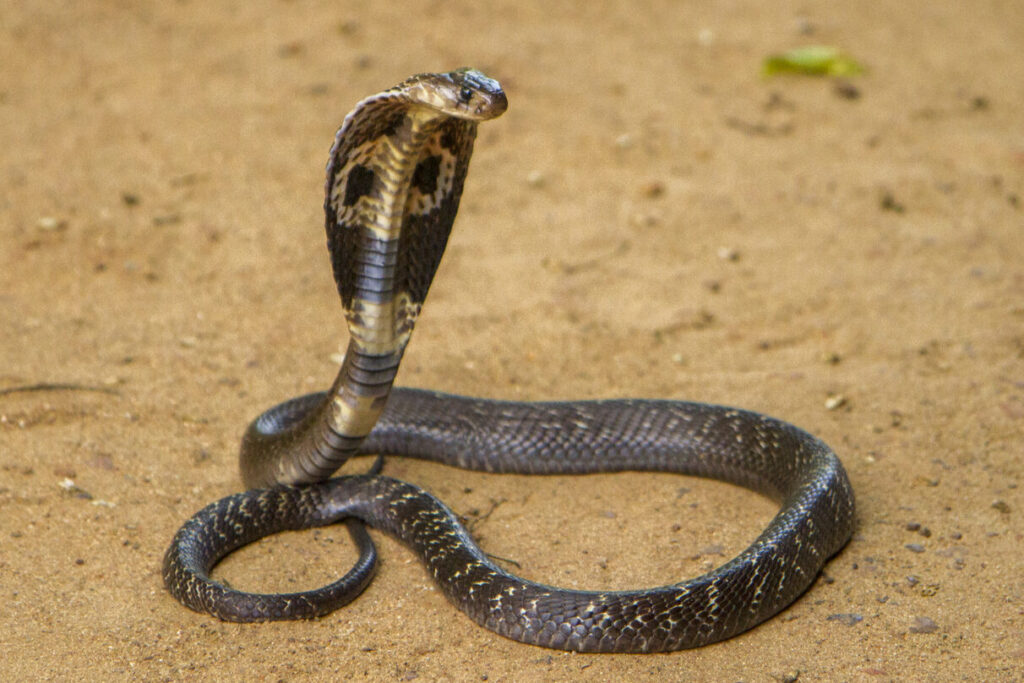
Reptiles such as snakes and lizards may not show fear in the same way as mammals, but they can still be stressed by the vibrations of loud noises and light from fireworks. Ensuring their enclosure is well-insulated and away from windows, and offering extra hides, can help them feel secure. Consistent temperatures and minimal disturbance are especially important during stressful times.
13. Rats
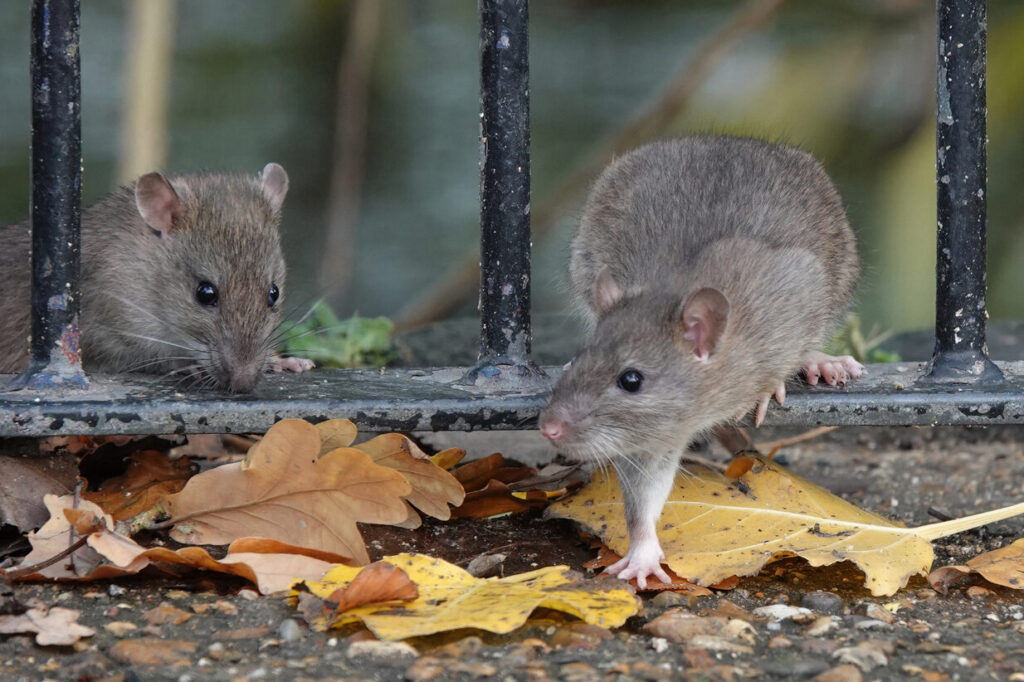
Rats are smart, social creatures who thrive on routine and companionship. However, their sensitive hearing means fireworks can make them jumpy or hide away. To help, place their cage in a quiet, interior room away from windows, and cover part of the cage with a breathable cloth to dim the flashes. Offering extra nesting material and spending time talking softly to them can help reduce their anxiety. Since rats bond closely with their owners, your calm presence can be incredibly reassuring during noisy nights.
If your pet’s anxiety seems severe, don’t hesitate to consult your veterinarian for tailored advice or calming aids. Looking for more pet care tips and real-life advice? Stick around and follow our page for stories and solutions that make life with pets a little easier and a lot more joyful.


